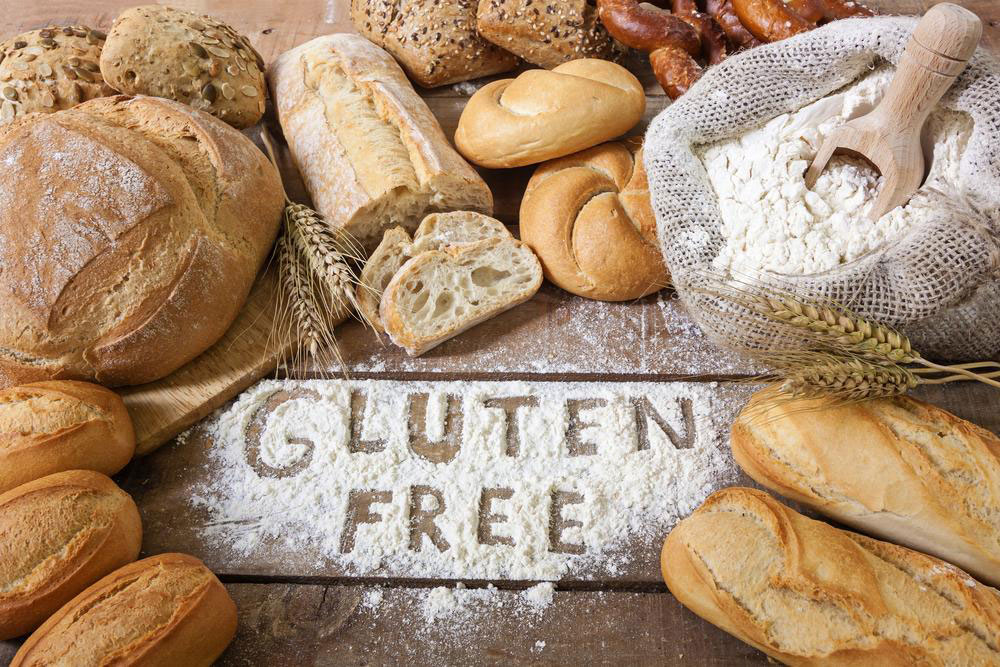Follow these five steps for a healthy gluten free diet.
Gluten free meals, no matter how appetizing you try to make them, will never cease to be less appealing than their gluten rich counterparts. It can be more punishing if you had to switch to a gluten free diet after you have relished all the guilty pleasure cuisines that are rich in gluten.

People switch to a gluten free diet due to many reasons. Some develop celiac symptoms. Celiac symptoms often develop at the age of fifteen to twenty. Although genetic, there are a very few cases where celiac disease has developed out of gluten rich food consumed over a long period of time.
Whatever the reasons maybe, you can always follow these steps to stay put on healthy gluten free meals;
Be aware:
Gather all the information you can, about gluten-free diet. There are hordes of websites that provide information on gluten-free ingredients and recipes. You may find some of them to be inaccurate and random so, be ready to sift through and fish out the relevant information that you think might help you preparing a healthy gluten-free meal for yourself.
Bake your own bread:
Yes, as absurd as it may sound, you can break your own bread as there a number of bread making (or baking) machines available in the market that you can buy one for your home. Get gluten free bread making ingredients from stores and bake one for yourself, if you are skeptical buying bread products from stores even though they are labelled as gluten-free.
Don’t let calcium sneak out:
Once switched to a gluten-free diet, consuming dairy products is a big no-no as they contain large amount of gluten. So, you have very little options for your daily dose of calcium. Skipping calcium from your daily meals for a long term can lead to osteoporosis. In cases like these, canned sardines, shrimps, and boned salmon are a great source of calcium. For vegetarians, collard greens, turnip greens are calcium-rich alternatives.
Have a varying diet:
It is one of those traits that, once you are restricted or denied to eat something out of a medical condition, you tend to get paranoid and get the urge to eat exactly what you are told not to. A gluten- free diet leaves you with very less options to eat and all you do search for substitutes that (hopefully) are equally appetizing as their gluten-rich counterparts. In cases like these, try varying your diet so that you get all the nutrients to stay healthy.
Whole grains to the rescue:
Excluding wheat rye and barley, there are a whole bunch of grains such as buckwheat, quinoa, millet and brown rice that can help you get your daily dose of antioxidants and minerals such as calcium, magnesium, selenium and vitamins and niacin.











